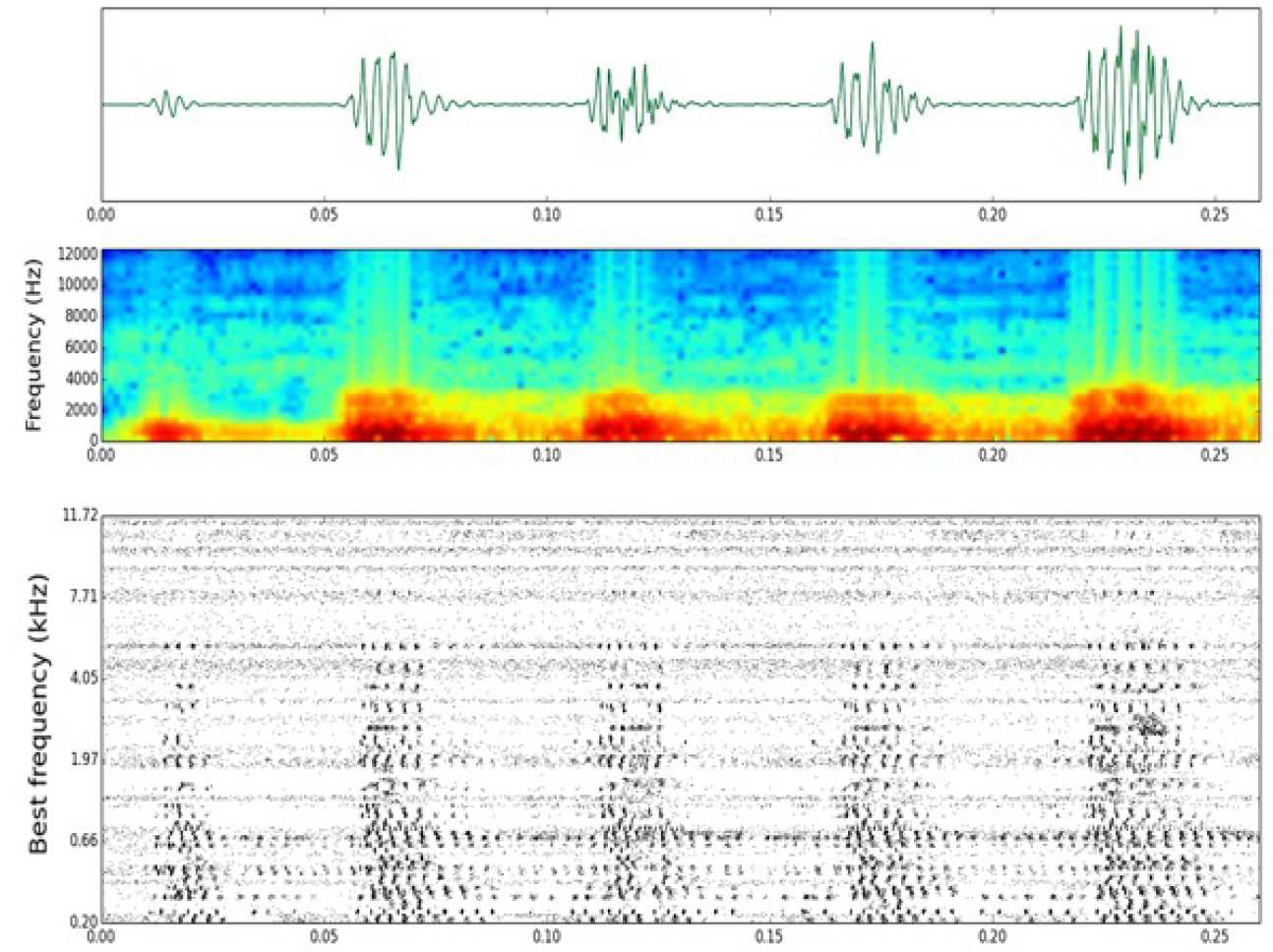Research
Research
Networked agents
We design and evaluate novel network protocols both at the routing level and for cross-level optimisation, directed at composite quality of service metrics that include loss and delay, power (for wireless systems), security and denial of service defense, and evaluate them via models and empirical observation and measurement, and also apply concepts from probability theory, discrete mathematics, machine learning, economics, and statistical mechanics.
We investigate intelligent agents as a means for specifying the software components that populate the Internet, and study the rules that can govern agent societies. We consider how agents can be used to create ad hoc sub-networks, and study how trust can be associated with agents or with agent coalitions. We also develop methods to determine the overall equilibria or collective transient behaviours which result from specific individual agent behaviours.
Personal robotics
In the Personal Robotics Lab, we perform research towards intelligent robotic devices that interact with their users, learn from them, and adapt their assistance to maximise their users' physical, cognitive and social well-being. Our research spans several topic areas, including machine learning, user modelling, cognitive architectures, human action analysis, and shared control. We are aiming at advancing fundamental theoretical concepts in these fields, but without ignoring the engineering challenges of the real world, so our experiments involve real robots, real humans, and real tasks.
Our research is of a highly experimental nature and is internationally well recognised both through accepted papers at major conferences such as IJCAI and in leading journals, and through frequent invited presentations.
Read more about the Personal Robotics Laboratory.
Computer vision
We explore machine learning techniques for computer vision. Many visual recognition tasks, which are to make machines see, can be cast as learning problems from image space to semantic labels. We study novel formulations and computationally efficient methods for understanding visual contents from given imagery data, including the topics of object tracking and recognition, gesture and activity analysis, face recognition, semantic segmentation and man-machine interface.
Visit the website of the Imperial Computer Vision and Learning Lab
Machine learning
Machine learning is widely applied in science and engineering to understand and analyze data, as well as to design autonomous systems that are able to adapt to their environments. We study all aspects of statistical machine learning with an emphasis on designing robust, practical, yet provably effective and efficient learning algorithms. We focus on sequential decision making, including online learning, multi-armed bandits, and reinforcement learning, on optimization for machine learning, as well as on understanding the trade-off between accuracy and computational complexity. Machine learning is widely applied in the Intelligent Systems and Networks group in diverse areas such as computer vision, networking and information theory, robotics, finance, or big data problems.
Information processing and communications
In Information Processing and Communications Lab, we study all aspects of information processing, including compression, storage, transmission over noisy channels and networks, as well as privacy and security. Information theory has been instrumental in identifying the fundamental performance limits of communication systems, and more importantly, has guided the development of capacity-achieving coding and communication techniques. In recent years, the influence of information theory has grown beyond communications, the area that led to its initial development, and it has found novel applications in diverse research areas, such as machine learning, privacy/ secrecy, bioinformatics, cloud computing and storage, and finance. Our lab has extensive experience in multi-user information theory, wireless communication networks, information theoretic privacy and secrecy, energy harvesting communication networks, as well as information theoretic analysis of noisy databases.
Neural computation
The Neural Reckoning group is led by Dr. Dan Goodman.
The brain processes information using highly connected parallel networks of neurons communicating via precisely timed, discrete neural impulses (called "spikes"). This spike-based form of computation is specific to the brain, being radically different to conventional digital and analogue computation. The aim of our research is to uncover the principles underlying spike-based neuronal computation, both as a fundamental research problem and with an eye to applications in intelligent systems and neural prosthetics (as we know that brains massively outperform state of the art algorithms).
Specifically, we work in two main domains: neuroinformatics and sensory neuroscience.
- Neuroinformatics is
 the application of computational methods in neuroscience, and we are particularly interested in the simulation of spiking neural networks and the analysis of experimentally recorded spiking data.
the application of computational methods in neuroscience, and we are particularly interested in the simulation of spiking neural networks and the analysis of experimentally recorded spiking data.
- In the domain of sensory neuroscience, we have worked primarily in the auditory system as the significance of spike-timing is so clearly established there. We use complex stimuli (such as natural sounds) to better understand the functioning of sensory systems in realistic environments.
Manipulation and Touch
The Manipulation and Touch Lab (MTL) is led by Dr. Ad Spiers.
The Manipulation and Touch Lab investigates manipulation in humans and robots in addition haptic sensing, haptic interfaces and machine learning. Some example topics include designing, building and controlling new robotic hands, capturing and understanding human motion and developing new technologies for communicating navigation information without using screens or audio.


